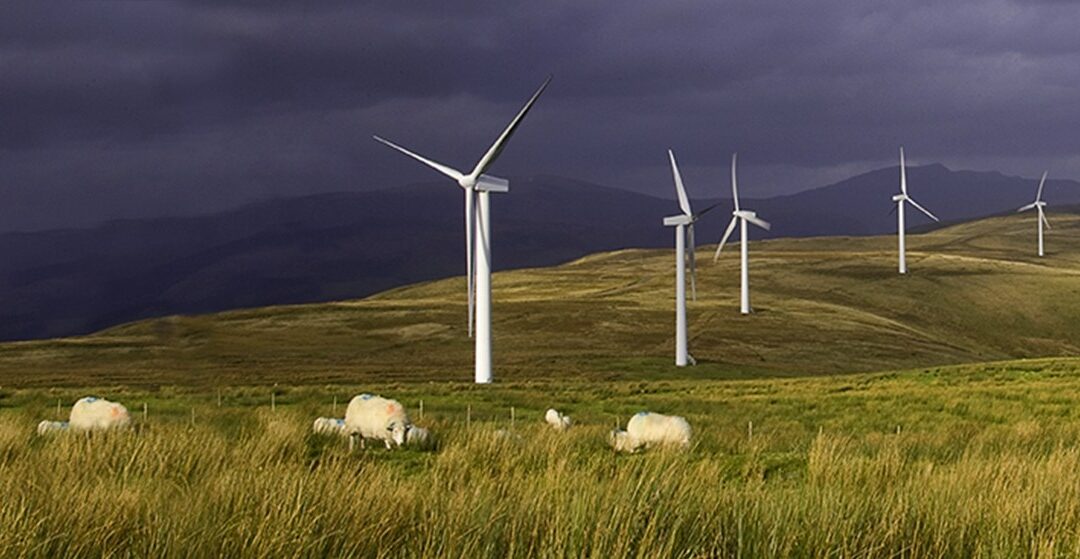Mark Lumsdon-Taylor comments on Defra’s guidance to help farms reduce greenhouse gas emissions.
There are a number of voices warning of a finite number of harvests, some saying as few as 30 and others suggesting 100. Either way desertification is looming, and even sceptics must concede the obvious declines in soil health and changes in weather patterns that are challenging food production in the UK. This alone is reason enough to respond to the climate crisis with innnovation and more sustainable farming and business practices. However, it is often the immediate financial imperative from consumer demand and supply chain partners that prompt action.
The vast majority of consumers are concerned about climate change, and over half say these concerns influence their food and drink purchases. With this in mind, it is imperative for business leaders within the agricultural, food and drink industries to view financial sustainability and environmental sustainability as one and the same.
It is not only consumers who are demanding more sustainable and ethical business practices, food supply chains are also encouraging decarbonisation through green procurement policies. However, implementing more sustainable technologies and practices requires investment, and those businesses and farms at the bottom of the supply chain often work to very tight margins and have little resource available to become more sustainable. A review of profit distribution within the supply chain and enforcement of the fair dealing standards laid out in the Agriculture Act 2020 would stimulate the flow of cash throughout the supply chain and enable all participants to invest in sustainability. A more ambitious food security target would also support the transition to a more financially and environmentally sustainable rural economy by driving demand for British food and drink. Environmental and financial sustainability have a synergistic and interlinked relationship. It is a link which appears to be missing from the incoming ELMs schemes which benefits the envrironment while 42% of farms are anticipated to become loss-making and many more in a financially precarious position.
Financial resource is only one of the requirements for transitioning. The majority of farms and food & drink enterprises are SMEs and they do not have the capacity or requirement to employ specialist staff. This is why Defra’s suite of guidance to help farming businesses reduce their greenhouse gas emissions is so important. Agriculture currently accounts for 10% of the UK’s total greenhouse gas emissions. Defra’s information and advice on understanding how to measure GHG’s on farm, managing organic materials, improving nutrient use, enhancing soil quality and managing a healthy herd will support leaders with the know how to become more sustainable.
Farming has a pivotal role in the evolution of a green UK plc. Over the next few years, in addition to feeding the nation with food produced to high environmental standards, it will become responsible for environmental stewardship, protecting the health and managing the use of natural resources, storing carbon, harvesting biofuels and providing onshore sites for the production renewable energy. We need to re-think ecomonic policy to value the businesses which harvest and steward our natural resources and underpin the health of the nation.
For more information on the the importance of greening the rural industries and how to get there, join us on Thursday 16th September along with an exciting and insightful panel of sustainability, ESG and food industry experts for the most important RED Talk of the year, Building a Sustainable Rural Economy.
Business who want to know more about making the journey to sustainability and reducing their greenhouse gas emissions, can find the Defra guidance and much more at the SME Climate Hub.
Past RED Talks in the Environmental Social Governance (ESG) series, delivered in partnership with MHA Macintyre Hudson:
From CSR to Purpose-Driven Business

